As we step into 2023, the global health landscape is shifting in ways that are both exciting and alarming. From the lingering effects of long COVID to the unprecedented impact of climate change on our well-being, the health issues we face are more complex and interconnected than ever before. In this eye-opening exploration, we’ll dive into six urgent global health trends that are shaping our world right now. Whether you’re a healthcare professional, a concerned citizen, or simply curious about what the future holds, this blog post will provide you with insights and information that you can’t afford to miss. Read on to discover the health challenges and opportunities that await us in 2023, and arm yourself with the knowledge you need to navigate this rapidly changing landscape.
Long COVID
To begin with, Long COVID, a term that’s become all too familiar, refers to the lingering symptoms that persist weeks or even months after the acute phase of a COVID-19 infection has resolved. Symptoms can range from fatigue and brain fog to more severe complications affecting the heart and lungs.

Impact on Healthcare Systems
Additionally, Healthcare systems worldwide are grappling with the unknowns of long COVID, as it presents new challenges in diagnosis, treatment, and rehabilitation. Furthermore, The long-term care required for patients is stretching resources thin and demanding innovative solutions.
Research and Preventive Measures
Conversely, Ongoing research is uncovering the mysteries of long COVID, with preventive measures focusing on vaccination and public awareness. The road to understanding may be long but hope and resilience are guiding the way.
Effects of Climate Change on Health
Nevertheless, Climate change isn’t just about melting ice caps; it’s a health crisis in disguise. However, From heat-related illnesses to the spread of infectious diseases, the health implications are far-reaching and alarming.
Mitigation and Adaptation Strategies
Governments and organizations are implementing strategies to mitigate these effects, focusing on reducing emissions and enhancing community resilience. Adaptation is key, and the time to act is now.
Global Initiatives and Technological Solutions
Global initiatives are fostering collaboration, while technological innovations are providing new tools to combat the health effects of climate change. Together, we can make a difference.

Cardiovascular Diseases
Cardiovascular diseases continue to be a leading cause of death globally. Factors such as poor diet, lack of exercise, and smoking are culprits that we can no longer ignore.
Risk Factors and Prevention
Consequently, Prevention is within our grasp. Therefore, By understanding and modifying risk factors, we can take control of our heart healthcare and make choices that matter.
Economic Implications and Healthcare Policies
The economic burden of cardiovascular diseases is immense, prompting governments to enact policies that promote prevention and provide care. It’s a battle we must win together.

Mental Health Disorders
Undoubtedly, The mental scars of pandemics, wars, and social unrest are real. Thus, Mental health disorders are on the rise, and the world is waking up to a crisis that needs urgent attention.
Prevalence and Burden of Disorders
The prevalence of mental disorders is staggering, affecting millions worldwide. The burden is not just personal; it’s societal, and it’s time to break the stigma.
Strategies for Response and Prevention
From community support to governmental policies, strategies are being implemented to respond to and prevent mental health disorders. Healing begins with understanding and compassion.
Poverty and Health Inequality
Poverty and health are intertwined in a vicious cycle. The poor suffer worse health, and those with poor health often find themselves in poverty. It’s a cycle we must break.
Global Comparisons and Statistics
The disparities in health between rich and poor countries are stark. Statistics reveal a tale of inequality that calls for global solidarity and action.
Interventions and Policy Considerations
Interventions are targeting the root causes of health inequality, with policies focusing on education, access to care, and economic empowerment. Together, we can build a healthier world.
Lower Respiratory Infections (LRI)
Influenza and RSV infections are evolving, with new strains and challenges. Understanding these trends is vital for prevention and care.
Impact of COVID-19 Mitigation Measures
COVID-19 measures have had unexpected impacts on LRI, revealing a complex interplay between viruses and human behavioral healthcare.
Vaccination Opportunities and Strategies
Vaccination remains our strongest weapon against LRI. Opportunities for immunization are expanding, and the future looks promising.
Conclusion
As we conclude this exploration of global health issues in 2023, the key takeaway is clear: awareness, understanding, and action are paramount. These six trends are not just topics for discussion; they are calls to action. Let’s embrace the challenges, celebrate the opportunities, and engage in a future where health is a right, not a privilege. The journey has just begun, and you are an essential part of it.
FAQs
Long COVID refers to lingering symptoms after a COVID-19 infection, impacting healthcare systems by requiring long-term care and resources for diagnosis, treatment, and rehabilitation.
Climate change affects global health by causing heat-related illnesses and spreading infectious diseases. Mitigation strategies include reducing emissions, enhancing community resilience, and global collaboration.
Global events like pandemics are increasing the prevalence of mental health disorders by causing stress and anxiety. Strategies for response include community support, mental health policies, and breaking the stigma.




